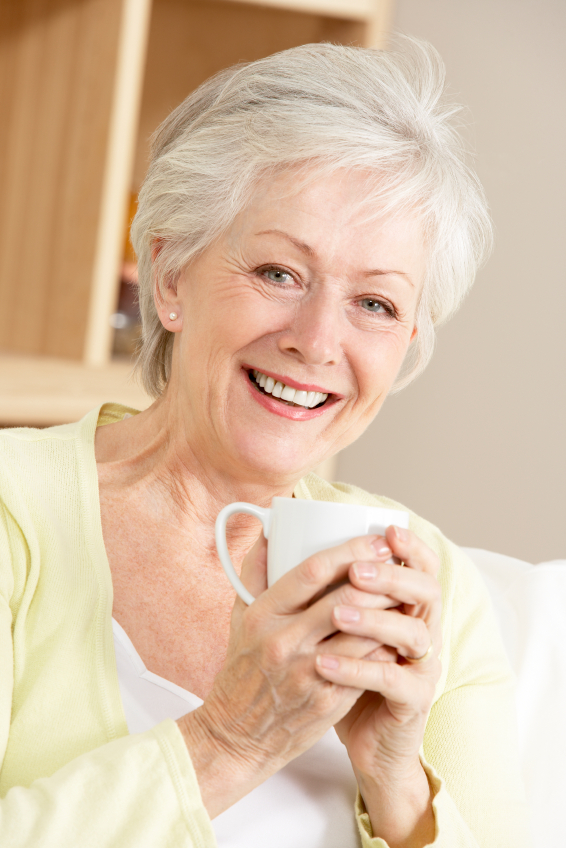
When we are kids, we learn to control our bladders. Not only did it help with embarrassing situations, but it meant we didn’t need to wear diapers anymore. So, when we develop urinary incontinence as an adult, it can become a problem. An estimated 25 million people, 80% which are women, suffer from urinary incontinence. Urinary incontinence, also known as bladder incontinence, is the loss of bladder control. In some cases, individuals suffer from a total loss of bladder contents or it may just cause minor leakage. While this issue is completely natural, it’s more than just medical problem; it can affect your emotional, psychological and social life as well.
There are many people who think urinary incontinence comes with age, but it is actually a symptom that can be caused by many conditions, and they differ between men and women. Urinary incontinence is separated into three different types, and some may experience a mix of the types or all three. Here is a quick breakdown:
Stress incontinence. This type of incontinence occurs when you apply pressure on your bladder by exercising, laughing, sneezing, coughing or lifting something heavy. The activity causes the sphincter to weaken and release urine.
Urge incontinence. Urge incontinence occurs when you feel the sudden, intense urge or need to urinate. Often times, after feeling the urge to go you won’t have time between the urge and the loss of urine to make it to the restroom.
Overflow incontinence. This type occurs when you experience frequent dribbling or urine, due to the fact that your bladder doesn’t empty completely.
If you would like more information on urinary incontinence, contact Dr. Gordon C. Gunn MD at 714-912-2211 or visit www.gordongunnmd.com to schedule an appointment today.
Dr. Gordon Gunn proudly serves Fullerton and all surrounding areas.

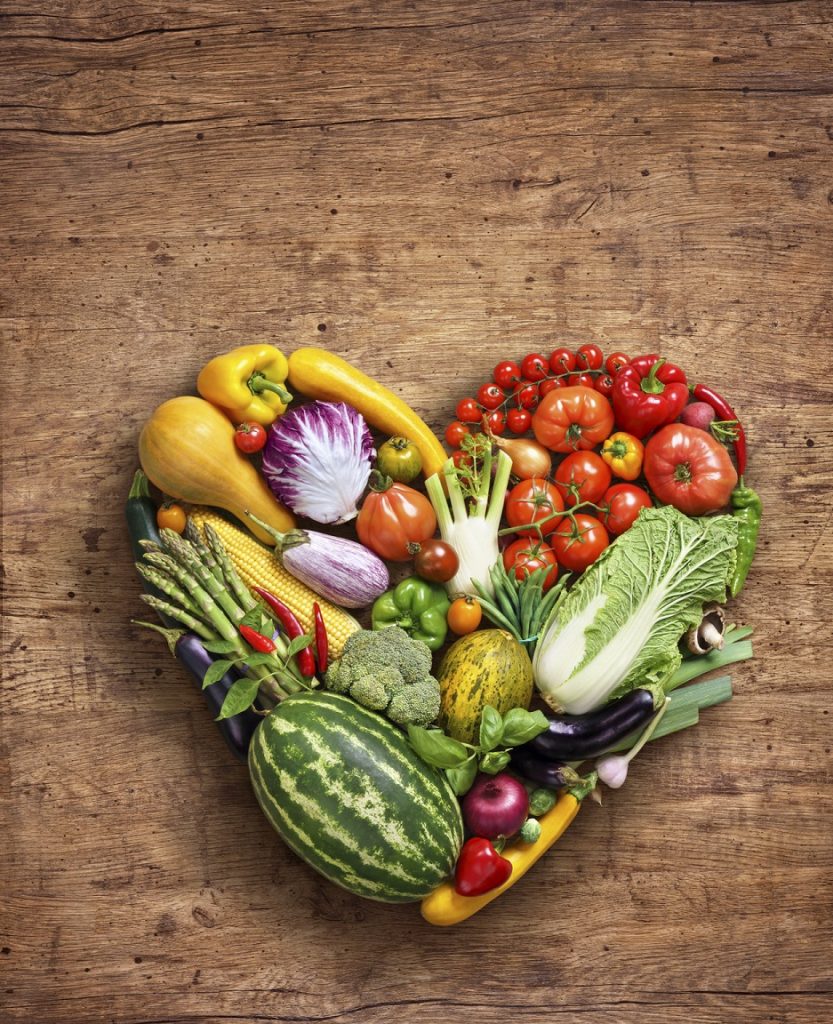
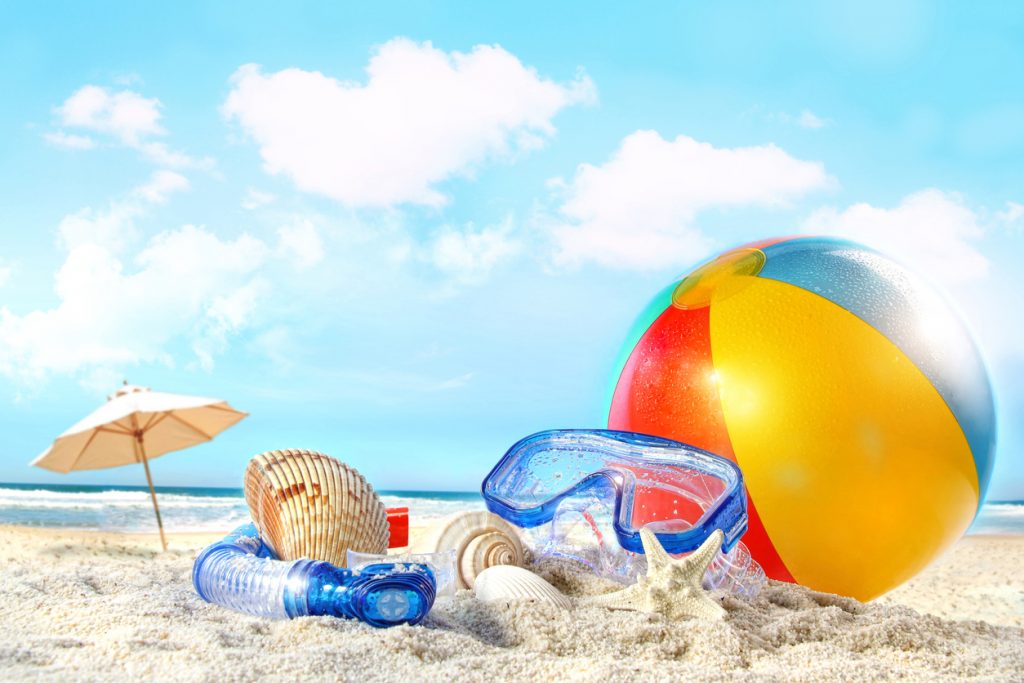
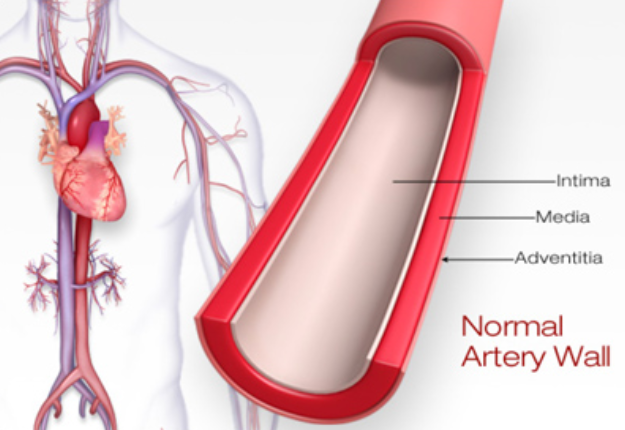

 Heart disease is the #1 killer of women in the United States, even more so for women that have had their ovaries removed. That’s a scary statistic. So, what’s a girl to do? Start by replacing the junk food with these
Heart disease is the #1 killer of women in the United States, even more so for women that have had their ovaries removed. That’s a scary statistic. So, what’s a girl to do? Start by replacing the junk food with these 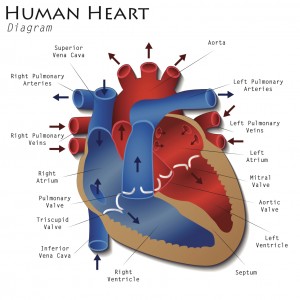 High blood pressure, or hypertension, currently affects 1 out of every 3 American adults. High blood pressure often has no signs or symptoms and is therefore called the “silent killer” as it is one of the most important factors leading to heart attacks, strokes, heart failure, kidney disease and early death. Here are some steps that can help to
High blood pressure, or hypertension, currently affects 1 out of every 3 American adults. High blood pressure often has no signs or symptoms and is therefore called the “silent killer” as it is one of the most important factors leading to heart attacks, strokes, heart failure, kidney disease and early death. Here are some steps that can help to 

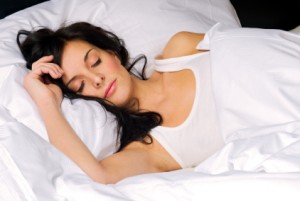 Do you have to get up more than once in the middle of the night to use the bathroom? When you are in public do you find yourself always looking for the restroom? Not only is it an inconvenience, but it can be cause for concern if it is a developing occurrence. After all, having an overactive bladder make daily life hard but there are many reasons it has developed. Diabetes, urinary tract infections or trouble walking can all be reasons you have an overactive bladder, so it is important to seek
Do you have to get up more than once in the middle of the night to use the bathroom? When you are in public do you find yourself always looking for the restroom? Not only is it an inconvenience, but it can be cause for concern if it is a developing occurrence. After all, having an overactive bladder make daily life hard but there are many reasons it has developed. Diabetes, urinary tract infections or trouble walking can all be reasons you have an overactive bladder, so it is important to seek